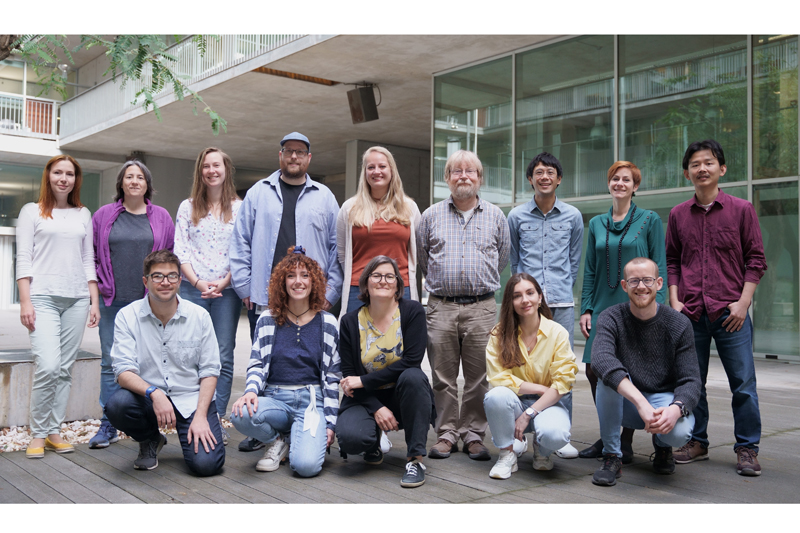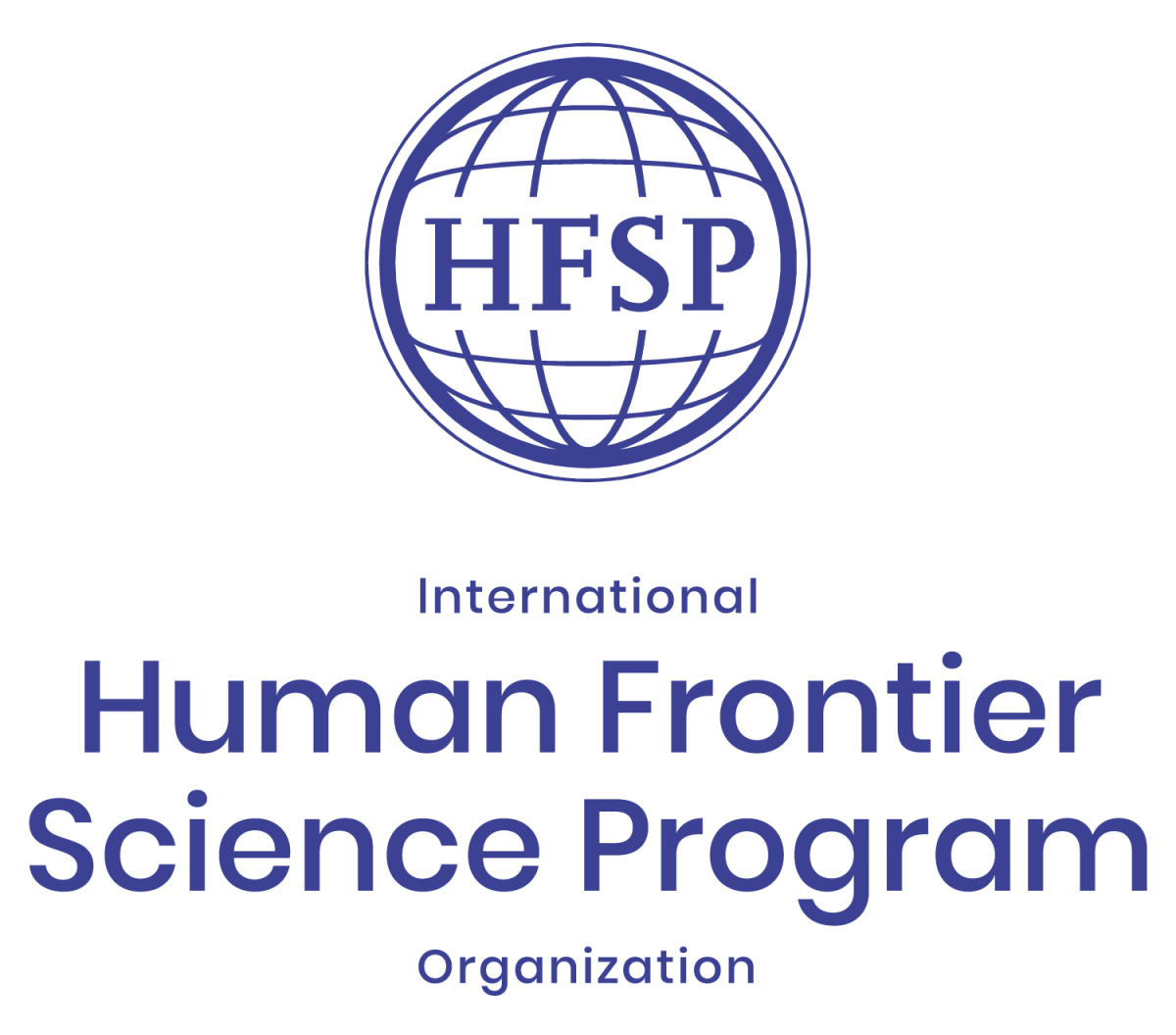 Surrey Lab
Surrey Lab
 Quantitative Cell Biology
Quantitative Cell Biology
- Group page
- Research lines
- Group members
- Publications

Surrey Lab

from October 2019 ICREA Research Professor and Group Leader, Center for Genomic Regulation, Barcelona, Spain
2015 - 2019 Senior group leader, The Francis Crick Institute, London, UK
2011 - 2015 Senior group leader, London Research Institute, Cancer Research UK
2002 - 2010 Team/group leader, EMBL Heidelberg, Germany
1998 - 2002 Postdoctoral fellow/staff scientist, EMBL Heidelberg, Germany
1995 - 1997 Postdoctoral fellow, Princeton University, USA
1995 PhD in Biochemistry, University of Tübingen, Germany
News
Human Cells Building ‘Molecular Highways’ Captured for First Time (01/02/2024)
Researchers at the Centre for Genomic Regulation (CRG) in Barcelona and the Spanish National Cancer Research Centre (CNIO) in Madrid have captured the world’s first high-resolution images of the earliest moments of microtubule formation inside human cells.
The 'treadmill convery belt' ensuring proper cell divison (24/08/2023)
Researchers led by Thomas Surrey have discovered how proteins work in tandem to regulate ‘treadmilling’, a mechanism used by the network of microtubules inside cells to ensure proper cell division. The findings are published in the Journal of Cell Biology.
Thomas Surrey, new fellow of the American Society of Cell Biology (02/09/2021)
The American Society for Cell Biology (ASCB) has recently presented Thomas Surrey within its cohort of 14 new Fellows for 2021.
20 million euros to unlock secrets of cell division and test ‘liquid crystal’ hypothesis (05/11/2020)
Researchers at the Centre for Genomic Regulation (CRG) in Barcelona are part of two international consortia that will receive 20 million euros to pursue two radical ideas in cell biology.
Secrets of the internal human cell cytoskeleton revealed (19/05/2020)
In a new study published in the journal Developmental Cell, researchers at the Centre for Genomic Regulation (CRG) describe how human cells stimulate the production of microtubules, a fundamental building block of life.
Job Openings
We always welcome applications from students and postdocs who are curious about the molecular mechanisms underlying the processes that allow cells to live.
Summary
We are studying how the internal structure of cells self-organizes. We want to understand how the different parts of the internal scaffold of the cell - the cytoskeleton - work together to form distinct architectures and how these architectures change as the cell divides or differentiates. In other words, we aim to find out how complex biological structures can be created from simple, smaller parts.
In many of our experiments, we are constructing a mini version of the cytoskeleton from a limited set of purified components. Using fluorescence microscopy, quantitative analysis and modelling, we can elucidate how the components of the mini-cytoskeleton come together and organize themselves into different structures. We want to understand how self-organizing scaffolds change in response to changing conditions inside the cell. These changing conditions can be caused by normal cell cycle activity changes, by signals stimulating differentiation, or by factors causing disease.
By combining approaches from engineering, chemistry and biology we aim to discover the design principles underlying intracellular order and mechanics, revealing new information about the fundamental physical properties of living cells.
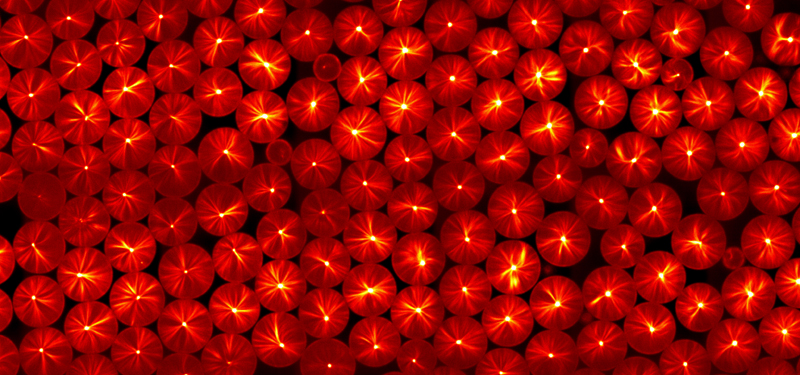
Self-organized radial microtubule networks in microfabricated cell-sized droplets (Juniper et al., Soft Matter 14, 901 (2018)).
Funding acknowledgements

The project "Regulation of Microtubule Cytoskeleton Dynamics and Organization" (PID2019-108415GB-I00 / AEI / 10.13039/501100011033) has received funding from the National Research Agency (Agencia Estatal de Investigación, AEI), from the Spanish Ministry of Science and Innovation.
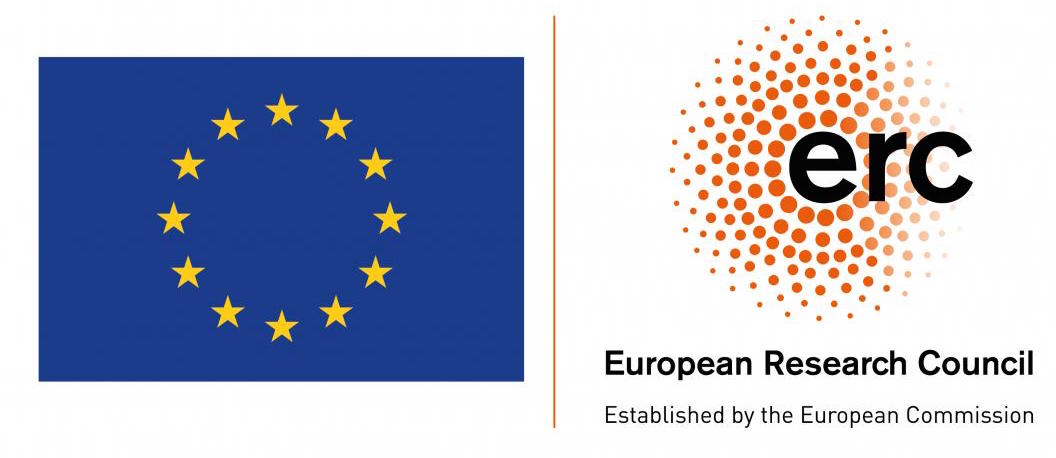
The project “Integration of the Biochemical and Mechanical Networks of Cell Division— ‘BIOMECANET’" has received funding from the European Research Council (ERC) under the European Union’s Horizon 2020 research and innovation programme (grant agreement No 951430).



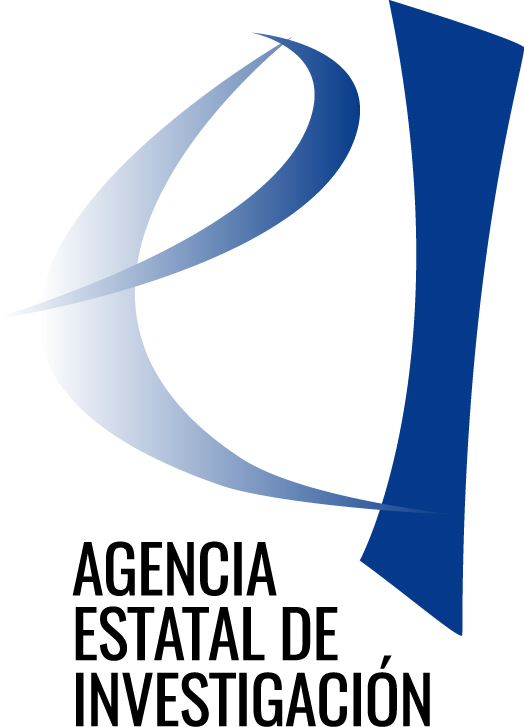
The Juan de la Cierva Fellowship (Juan Estévez) "Regulation of microtubule dynamic instability studied using recombinant human tubulin and advanced optical and cryo-electron microscopy" (FJC2020-043131-I), is funded by MCIN/AEI/10.13039/501100011033 and by the European Union NextGenerationEU/PRTR
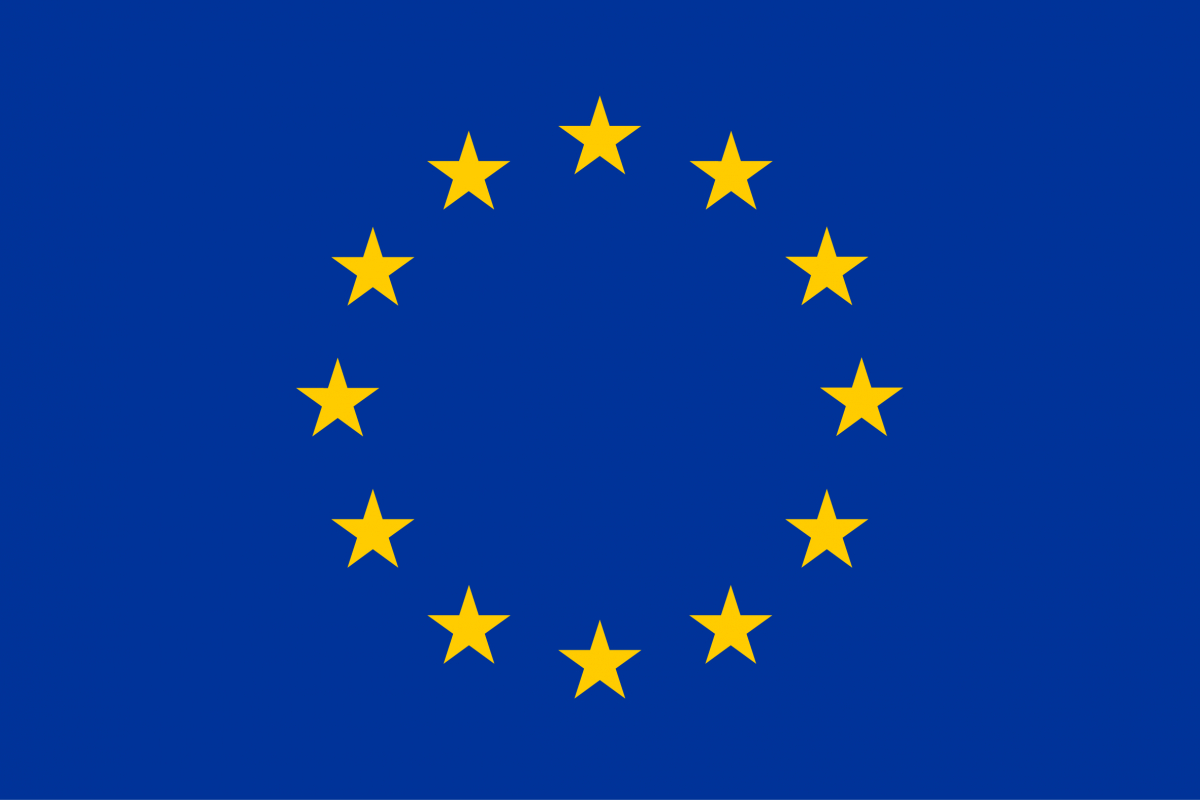
The postdoctoral fellowship (Claudia Brito) "Dissecting the mechanism of the regulation of TuRC-mediated microtubule nucleation" has received fundig from the European Union's Horizon 2020 research and innovation programme under the Marie Sklodowska-Curie grant agreement No 101029270.
- Mechanism of microtubule nucleation and its regulation
- Mechanism underlying microtubule dynamic instability and its regulation
- Biochemistry and biophysics of kinesins and dynein
- Self-organization of active microtubule/motor networks
- In vitro reconstitution of the mitotic spindle
